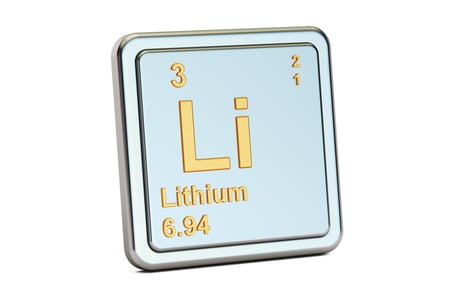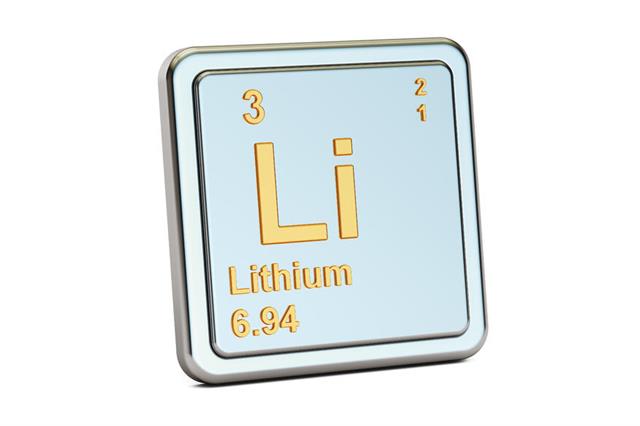 Originally published in Forklift Action News on October 6, 2022.
Originally published in Forklift Action News on October 6, 2022.
Many organizations treat lithium-ion as a "set it and forget it" solution that'll solve all forklift battery power issues out the box, yet nothing could be further from the truth when thinking about lithium.
Our very own Director of Engineering, Antonio Mendonca, writes about the pros and cons of lithium
Manufacturers and distributors across the US face multiple hindrances that continue to accumulate each day. Understaffed, ill-equipped, and frazzled -- while dealing with long lead times to get the forklift batteries and chargers among other material handling equipment they so badly need.
Facilities realize they need to take things off their plate. Many turn to automation to optimize their operations in hopes of simplifying their day to day operations.
But the challenge along the way is they bypass the low hanging fruit in their existing material handling equipment -- their forklift batteries and overall power system.
There's been tremendous growth in forklift lithium battery adoption in the past decade. It's accelerated so quickly that many organizations see this as the "holy grail" of battery technology.
at Concentric is certainly excited about this new technology “weapon,” and have been deploying it in our engineered power management systems. That said, we’re not ready to hail lithium as the answer to all our prayers.
In fact, there are a number of things to be cautious about when considering the use of lithium power – and we believe all manufacturing and distribution businesses should be better informed about the pros and cons of this still-new power source.

Pros of Using Lithium Power
1. Lithium makes it more feasible to stay running at all times. Charging as you go, rather than stopping to plug up like with a lead acid battery, you can maintain a higher level of performance and production.
2. For those who run more than 3K hours per year, lithium can be a great option. Multi-shift facilities that run hard and long in most cases benefit from the capabilities of lithium power.
3. As climate change continues and the urgency to become more sustainable increases, lithium is an attractive option. This technology is more efficient than your traditional lead acid batteries, and can help businesses meet their ESG and sustainability goals.
Cons of Lithium
1. Contrary to popular belief, lithium is not plug and play. Older commercial forklifts are configured around lead acid technology, and engineering with lithium involves more time, effort and capital.
2. Lithium has higher initial costs, up to four times the cost of a lead acid battery. The expense can be offset by lower maintenance costs within its lifetime, but the initial capital can disrupt cash flow.
3. Double battery life isn't necessarily a positive thing. A long lifetime ultimately means that a lithium battery will likely outlast the vehicle it powers. And accounting to replace the batteries and power in addition to new forklifts and commercial trucks isn't economic.

